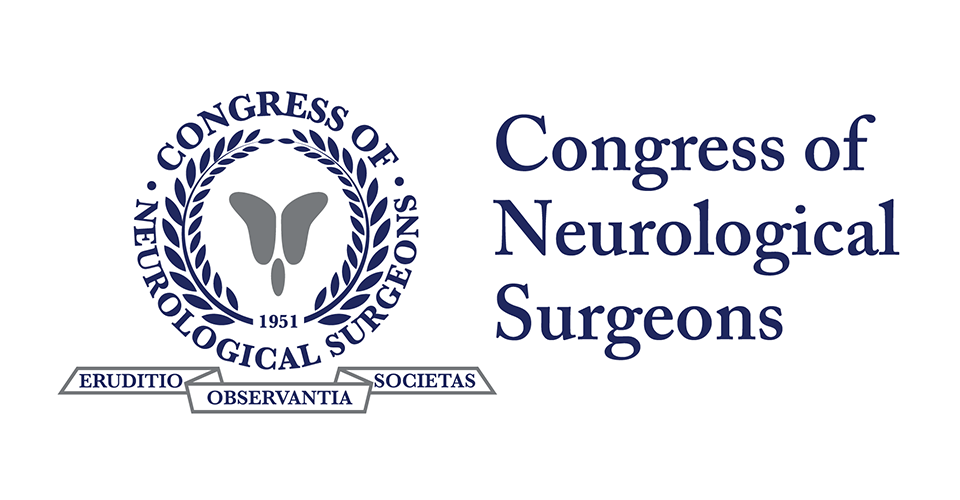An introduction by NEOMED alumnus Daniel Kreatsoulas, M.D. (’18) led College of Medicine student Lydia Du to team up with Daniel Altman, M.D., an orthopedic surgeon at Allegheny General Hospital in Pittsburgh, and Derrick Dupre, M.D., a neurosurgeon at the same hospital, for a research project.
The group studied bacterial infections that can occur after spinal fusion surgery and a process called spinal instrumentation take place. The trio’s research recently took Du to Houston to present at the 2018 Congress of Neurological Surgeons Annual Meeting, held Oct. 8-9.
Seeking the cause of infection
According to the Encyclopedia of Surgery, “Spinal instrumentation is a method of keeping the spine rigid after spinal fusion surgery by surgically attaching hooks, rods, and wire to the spine in a way that redistributes the stresses on the bones and keeps them in proper alignment while the bones of the spine fuse.’’
Infection can occur after orthopaedic surgery, such as spinal fusion, due to something called a biofilm. Du explains, “A biofilm is created when enough bacteria clumps together to form a protective outer layer that creates a wall against the body’s defenses, medication, and our conventional means of detection. Biofilms like to adhere to non-living tissues, like spinal implants or orthopedic implants."
“The problem is, a biofilm has this protective matrix that keeps it from being detected, but the bacteria are still there. They may lie dormant and not immediately present as a traditional infection, but it may present later – in a few months, a few years, or many years down the road.”
